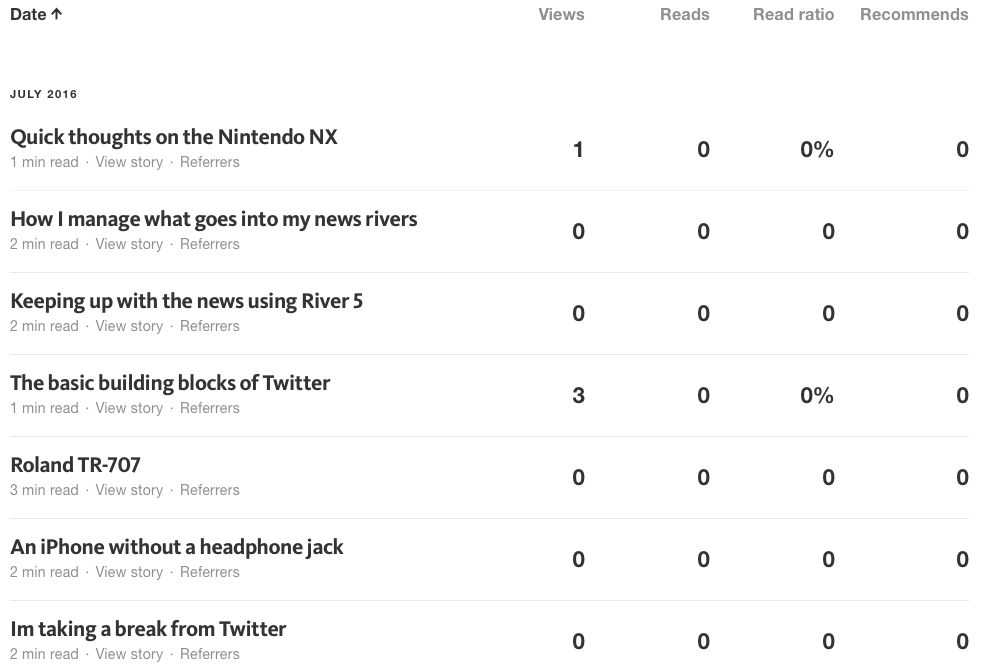There is a lot of love for the CEO of Bluesky, and her claims of it being billionaire-proof, floating by on part of the web at the moment. I’ve not used Bluesky and I haven’t kept up with things on the web properly over the past year or so, but I think Dave Winer makes a good argument that it really isn’t.
But [Mastodon’s] federation ability adds enough complexity that most people prefer Bluesky, which doesn’t have those complications. There are always tradeoffs in technology. You can have flexibility but it comes at a price. Bluesky would have you believe you can have the flexibility of Mastodon without paying the price.
This is, and continues to be, the problem with a federated or decentralized social web. It will be more complex and complicated than a centralized one. We do need to work on making it less so, but more importantly we probably need to convince the ”normies” that a little bit of extra complexity might be worth it.
 Henrik Carlsson posted this
on
and tagged it with The open web
Henrik Carlsson posted this
on
and tagged it with The open web 
 ©
©
Replies and comments
colinwalker
16 oktober, 2017 09:17@MrHenko Gaiman is my absolute favourite author. I first got into Sandman many years ago but then discovered his books and, I agree, he’s someone who lodged himself in your mind. I’d recommend Anansi Boys or American Gods next.
MrHenko
16 oktober, 2017 09:59@colinwalker Thanks for the recommendations! I think a paperback of American Gods is already in my bookshelf, but I’ll have to check once I get home. And yeah, there really is something special about Gaiman and I think part of it, at least to me, is that he seems to be such a likeable, intelligent and nerdy guy.